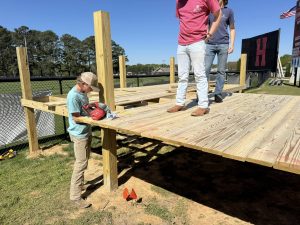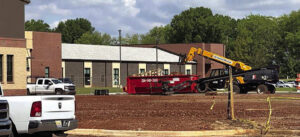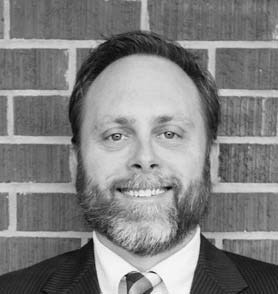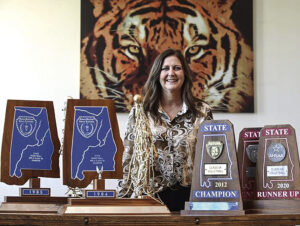Can donations will help Habitat growth
By Staff
Staff Reports, Hartselle Enquirer
Recycled aluminum cans are paving the way for new homes, thanks to a new Habitat for Humanity program.
Tennessee Valley Recycling is partnering with Habitat for Humanity of Morgan County not only to help preserve the environment but also to help build Habitat for Humanity homes for Morgan County families in need.
Through "Aluminum Cans Build Habitat for Humanity Houses" (ACBHHH), local businesses, schools, churches, civic groups, and individuals can join Habitat by collecting cans and taking them to Tennessee Valley Recycling on Highway 20 West in Decatur.
Businesses donating cans for Habitat for Humanity houses receive a tax-deductible donation receipt. In turn, Tennessee Valley Recycling will send the proceeds to Habitat for Humanity of Morgan County to further home-building efforts.
"Young people are always looking for a way to work with Habitat for Humanity," Melissa Hill Dees, Executive Director of HFHMC, said. "ACBHHH is an excellent way for the 14 and under age group, folks too young to be on a building site, to help build homes as well as preserve the environment."
There are an estimated 38 million cans sold in Morgan County annually. By recycling only half of these cans through this program, Habitat for Humanity could build an additional six houses each year.
And it's not just cans that will benefit Habitat.
Joel Denbo, chair elect of the Institute of Recycling Industries Inc. and chief manager of operations of Tennessee Valley Recycling, wants to take this program one step further. Denbo said he is willing to accept any recyclable metal designated for Habitat for Humanity and forward these proceeds to build more homes. For specific information on metals other than aluminum cans, contact Tennessee Valley Recycling at 353-6351.
Habitat for Humanity of Morgan County is an ecumenical Christian housing ministry and a 501c(3) registered non-profit corporation. A local Board of Directors is responsible for selecting and nurturing partner families, building houses, administering the mortgages, managing volunteers, and, raising all funds. HFHMC builds houses using volunteer labor, 400 hours of sweat equity from each family, and donated or discounted materials. The houses are then sold (not given) to partner families at cost through a no interest loan. Mortgage payments are used to build more houses.








